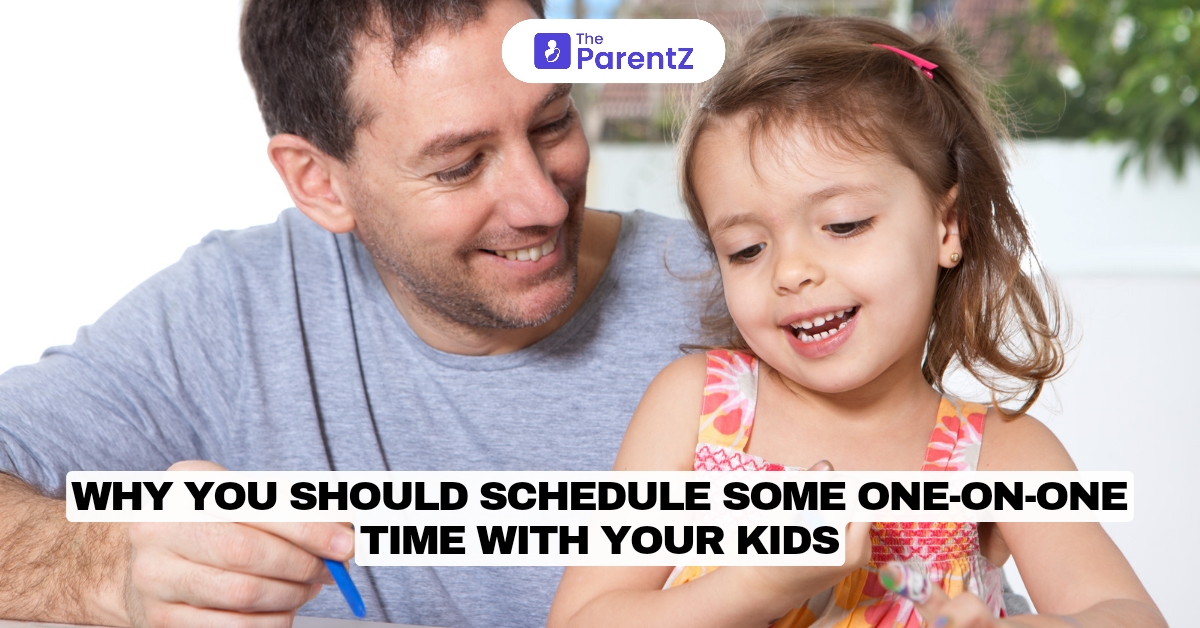In our fast-paced world, it’s easy for parents to get caught up in work, errands, and the never-ending list of household chores. However, it’s crucial to remember that our children need our undivided attention and emotional support, especially as they navigate the many changes and challenges of growing up.
The Importance of One-on-One Time
As children grow, they undergo a myriad of emotions, social interactions, and self-discovery that can be exciting and overwhelming. During these formative years, they need a safe space to express their thoughts and concerns without fear of judgment or dismissal. One-on-one time with a parent provides this invaluable opportunity, allowing children to feel heard, understood, and validated.
The Psychological Impact
When parents try to schedule regular one-on-one time with their children, it sends a powerful message: “You matter. Your thoughts and feelings are important to me.” This simple act can profoundly impact a child’s self-esteem, confidence, and overall well-being. It helps them feel valued, secure, and supported, which is essential for healthy emotional development.
Conversely, neglecting to prioritize one-on-one time can have detrimental effects. Children may feel overlooked, unimportant, or even resentful. This often leads to a breakdown in the parent-child relationship, which causes long-lasting consequences, such as difficulty in communication, trust issues, and emotional struggles.
Tips for Scheduling One-on-One Time
- Set Aside Dedicated Time: Carve out a specific time each week or month when you can devote your full attention to your child. This could be a weekly “date night,” a monthly outing, or a daily check-in over a shared meal.
- Eliminate Distractions: During your one-on-one time, make a conscious effort to put away phones, laptops, and other devices. This allows you to be fully present and engaged with your child.
- Engage in Meaningful Activities: Use this time to do something your child enjoys, whether playing a game, going for a walk, or just having a conversation. The important part is to create an environment where your kid feels comfortable opening up.
- Listen Actively: When your child speaks, make eye contact, ask follow-up questions, and avoid interrupting. This shows them you are genuinely listening and interested in their thoughts and experiences.
- Validate Their Feelings: Children often struggle to articulate their emotions, so it’s important to validate and let them know that it’s okay to feel the way they do.
The Benefits for Both Parents and Children
By trying to schedule one-on-one time with your children, you strengthen your relationship with them and reap the benefits yourself. You’ll better understand your child’s needs, concerns, and aspirations, which can help you better support them during challenging times.
Moreover, this dedicated time can also be a valuable opportunity for self-reflection and personal growth. As you listen to your child’s experiences, you may gain new insights into your own parenting style and find ways to improve your approach.
Conclusion
Ultimately, investing one-on-one time with your children is an invaluable gift that will pay dividends for years. It’s a chance to nurture the bond, build trust, and create lasting memories that will shape your child’s development and your parenting journey.








Be the first one to comment on this story.